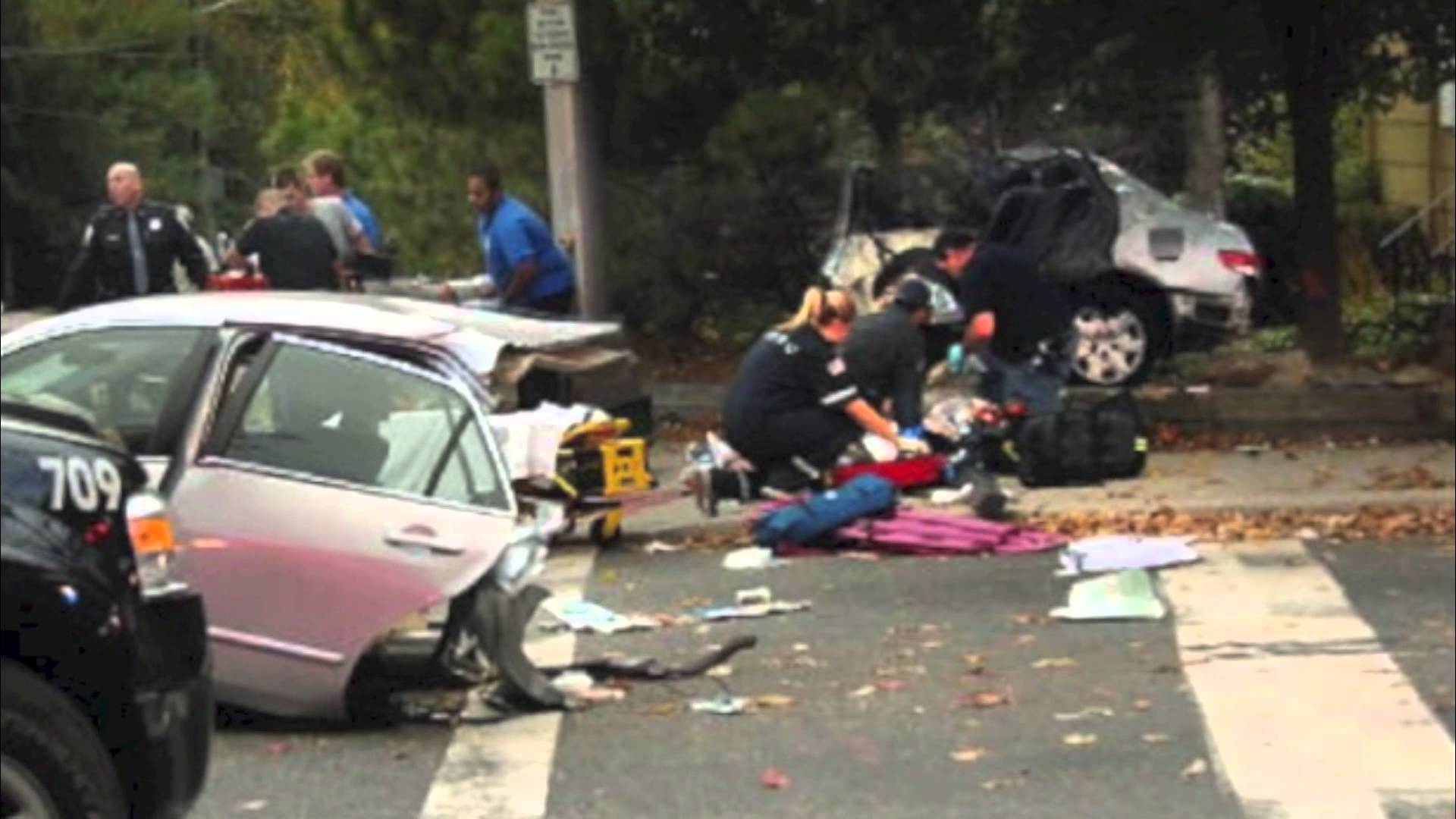World News – For the second year in a row, the number of people killed in traffic fatalities increased substantially from January through June.
 New data from the National Safety Council found approximately 19,100 people were killed in crashes on U.S. roads during the first six months of the year, a 9 percent increase over the same period in 2015. That represents an 18 percent rise compared with the first six months of 2014.
New data from the National Safety Council found approximately 19,100 people were killed in crashes on U.S. roads during the first six months of the year, a 9 percent increase over the same period in 2015. That represents an 18 percent rise compared with the first six months of 2014.
The organization blames the increase on a combination of factors, including a stronger economy and lower gas prices, which cause people to drive more miles. There is also an alarming number of teenage drivers who are willing to use social media behind the wheel, the council found.
Because of these factors, the busy Labor Day weekend will likely be the deadliest on American roads since 2009, said Deborah Hersman, CEO of the National Safety Council.
“We cannot keep accepting these highway fatalities,” Hersman said. “It would be the equivalent of two major plane crashes happening every week. Our hair would be on fire [if that happened]. We wouldn’t accept that. Why do we accept it on highways?”
In a survey of more than 1,000 newly licensed drivers between the ages of 15 and 17, 35 percent said they would use social media when behind the wheel. Additionally, 21 percent admitted they would video chat and drive at the same time. Roughly 43 percent said they’re willing to text and drive.
“People are very willing to engage with social media when they are behind the wheel,” Hersman said. “People have a lot of selfies that you can tell that they are in a car when they are taking those. We know that people are using Facebook, Snapchat and Twitter when they are behind the wheel.”
The National Safety Council’s report comes as regulators and automakers debate what rules should be required for semi- and fully autonomous vehicles.
Tesla, for example, is explicit in telling drivers they must stay engaged when using its Autopilot system. Still, some motorists who have been in accidents while the system was engaged have admitted they weren’t paying attention, as they thought the technology would steer their car away from other vehicles or guardrails. Critics argue that until such systems are truly autonomous, they should not be labeled as “autopilot.”
Meanwhile, many have voiced concerns that self-driving cars can be hacked or will simply malfunction. That could cause accidents and endanger drivers and pedestrians.
While the reliability of technology and artificial intelligence in vehicles is being discussed, it’s clear humans — especially teens — are keeping their phones in their hands, even when they know it’s against the law.
“Even though we have more than 46 states that have texting bans in place, we are seeing the use of these devices when people are behind the wheel go up in spite of all the education,” Hersman said. “In fact, people say they know they shouldn’t be doing it.”
by PHIL LEBEAU, CNBC

